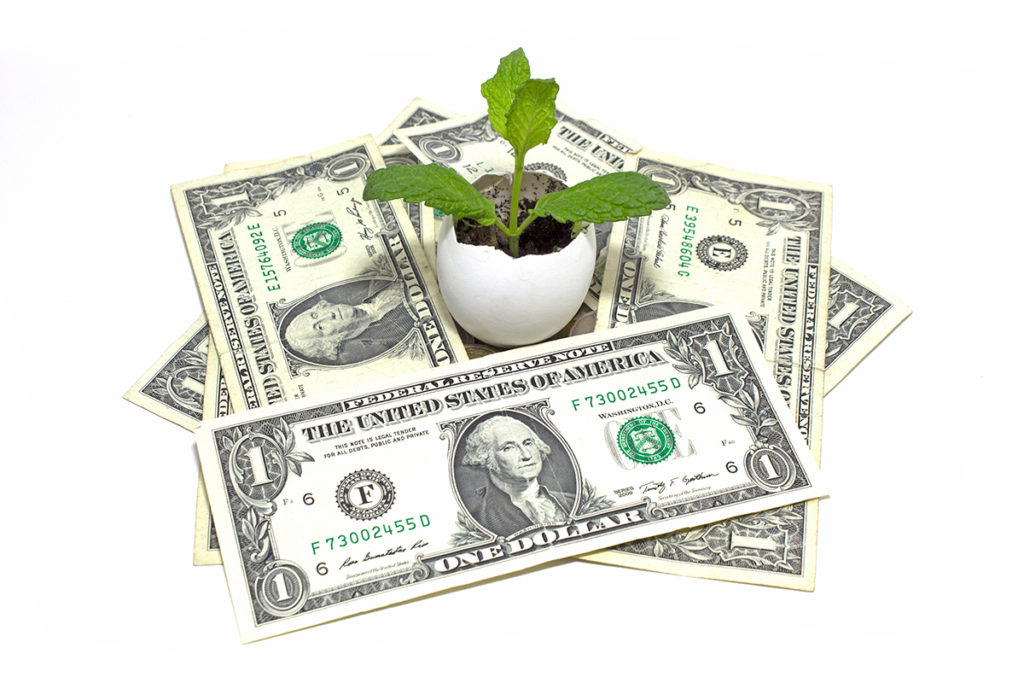What is wealth? Where does it come from? And is it easily destroyed?
These are not academic questions unrelated to our daily if Coronavirus-interrupted lives.
In fact, your answer to these questions will drive how you respond during and after the worldwide pandemic.
Is wealth the sum of all the money in all the banks in the world? How about all the oil and gas in the ground? The timber in the forests?
There are some 100 million iPhone users in the United States. Suppose some evil empire somewhere devised a way to deactivate all of them at the same time such that they became useless. Nothing more than an $800 paperweight. Would that take us back to life before the iPhone (waaaay back in 2007)?
Answer: no. Why not? Because we know how to make them now and we could make more. The wealth is not fundamentally in the iPhone itself, but in the knowledge of how to create it.
That’s really, really crucial to understand if we are to react to the economic devastation being wrecked by this pandemic. Right now, we’re seeing headline after headline of economic damage being done by the shutdown of our economy. Record unemployment. Record low demand for oil. Record numbers of small businesses shutting down. All of it very real. And very painful.
Back to the original question – what is wealth?
When stock markets decline, housing markets languish, oil prices plunge and small businesses disappear, is wealth being destroyed?
Yes. But only in the sense that the tree is being pruned, not destroyed. If you’ve never seen a master gardener pruning a tree, it isn’t always pretty. She reduces what looked to be a healthy, lush plant into a twig of its former self. Sitting there, denuded and defrocked of its former glory, you wonder what good is supposed to come of this?
But if the plant or tree has a properly functioning root system (the stuff under the ground one cannot see), the tree can grow to new heights – even bigger than before. All made possible by the pruning.
OK, I get it. The analogy only goes so far. No one would grant the Coronavirus the same status as a caring gardener tending her plot.
My point is to draw our attention to that which lies beneath the seen. The roots. Often larger than the plant itself, it is the root system which determines the ultimate health of the plant and its potential for growth after a season of pruning.
Capital is the means to create wealth. So, a factory can be capital. Land can be capital. And financial tools (stocks, bonds, cash) can also be seen as capital.

But the most fundamental kind of capital is human capital. Human capital is the knowledge, skills, and experience possessed by someone that may have value to others. An iPhone is one level kind of wealth. Knowing how to make one is an even more fundamental kind of wealth.
Human capital creates all other kinds of capital. And while all the other kinds of capital can be “pruned,” the root system of human capital will determine whether or not the “above the ground” capital will grow back.
So, what should you do with this understanding of human capital?
There are many opportunities now, and I suspect more will come, of companies with fundamentally sound root systems whose experience of Coronavirus-driven “pruning” will lower their stock price and make them attractive long-term buys.
At the individual level, many of us find ourselves with more time on our hands than we are used to. You can spend all that free time binging on Netflix.
Or you can be one of the few who choose to invest in themselves, deepening their own root systems and making themselves more valuable to the marketplace.
Because wealth is all out there.
It’s in there. In you.
How will you grow yours?
Argent Advisors, Inc. is an SEC-registered investment adviser. A copy of our current written disclosure statement discussing our advisory services and fees is available upon request. Please See Important Disclosure Information at http://www.ruston.argentadvisors.com/important-disclosure-information

